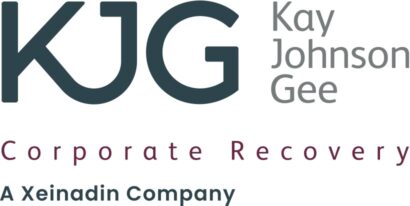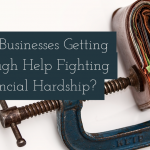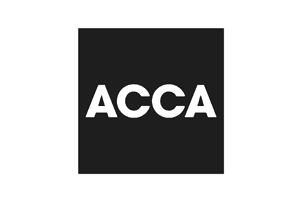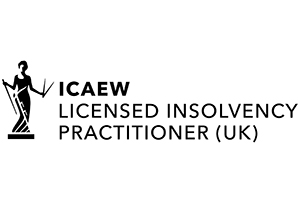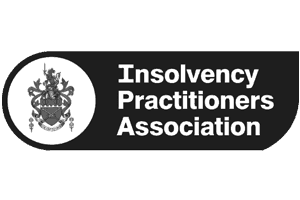Members Voluntary Liquidation (MVL)
If you are looking to close your business and realise the maximum value for its assets in the most tax-efficient manner then you should always consider putting the Company into Members’ Voluntary Liquidation.
As well as the basic tax benefit of taking funds out as distributions of capital rather than dividends, MVL also makes it easier to obtain entrepreneurial relief which can mean paying as little as 10% tax on up to £10million of distributions.
MVL also provides a well-managed process for the closure of your Company as all compliance steps are handled by a licensed Insolvency Practitioner thus freeing you from the burden of meeting all of the requirements for dissolution.
You can find out more about Members’ Voluntary Liquidation here.

Lindsay Moore
Senior Manager
To properly decide which option for your Company you will need to speak to an Insolvency Practitioner
Creditors’ Voluntary Liquidation (CVL)
If your Company is insolvent and you want to try to save all or part of it then it may be more appropriate to place the Company into Creditors’ Voluntary Liquidation.
This is a Liquidation which is instigated by you as a director using an Insolvency Practitioner of your choice. CVL is also the most appropriate way to close your Company if it has assets left even if you don’t want to continue in business.
In a CVL, the job of the Liquidator is to sell the Company’s assets for as much as possible. Usually, the assets are of most value to you in a successor company (known as a Phoenix company). You are therefore able to buy them back free from the Company’s historic debts. For the purposes of the CVL, the assets are valued at their current market value as a whole so are often much cheaper than they originally were.
If the Company does not have any assets but you still want to place it into Creditors’ Voluntary Liquidation then it will fall to the Directors to pay for the Liquidation. If you are in this situation then we will always agree a fixed fee with you in advance and if possible will agree staged payments with you. You may also find that you are entitled to compensation for redundancy and loss of notice which may offset some or all of the cost.
You can find out more about Creditors’ Voluntary Liquidation here.
Dissolution
If you have ceased to trade and have no assets and no debts then you may be able to dissolve your Company without the need for an Insolvency Practitioner. This is also called striking off and is done through Companies House.
In order to dissolve your Company, it needs to meet a number of specific criteria including:
- It hasn’t traded or sold off any stock in the last 3 months;
- It hasn’t changed names in the last 3 months;
- It isn’t threatened with liquidation;
- It has no outstanding creditors.
You can find more information on dissolution through the Government website here.
Compulsory Liquidation
If your Company has no assets and you have no desire to continue in business then it may be appropriate to close it by simply allowing the Company to be placed into Compulsory Liquidation. This involves a creditor issuing a winding up petition against the Company following which the Court will make a winding up order.
If you allow your Company close through Compulsory Liquidation you will not have any input into which Liquidator is appointed and so will not have the opportunity to discuss any items of concern in advance. Because of this, you may find the Liquidator’s investigations process to be more intimidating than in CVL. As such, you should always consider Creditors’ Voluntary Liquidation before just allowing your Company to be placed into Compulsory Liquidation.
You can find out more about Compulsory Liquidation and what to expect at your interview with the Official Receiver here.
Our Service
When you get in touch with us, you will speak directly to a licensed Insolvency Practitioner from the outset. We will take the time to understand your Company’s financial position, what your future intentions are for the business and ultimately what outcome you are hoping for.
Whatever your Company’s financial position may be, if you are looking to close your business we are able to help so please call us to discuss your options in more detail.
